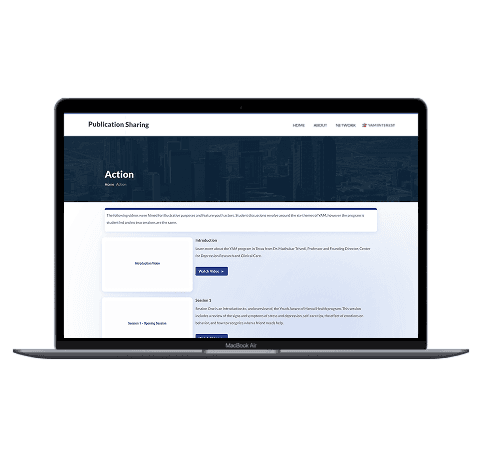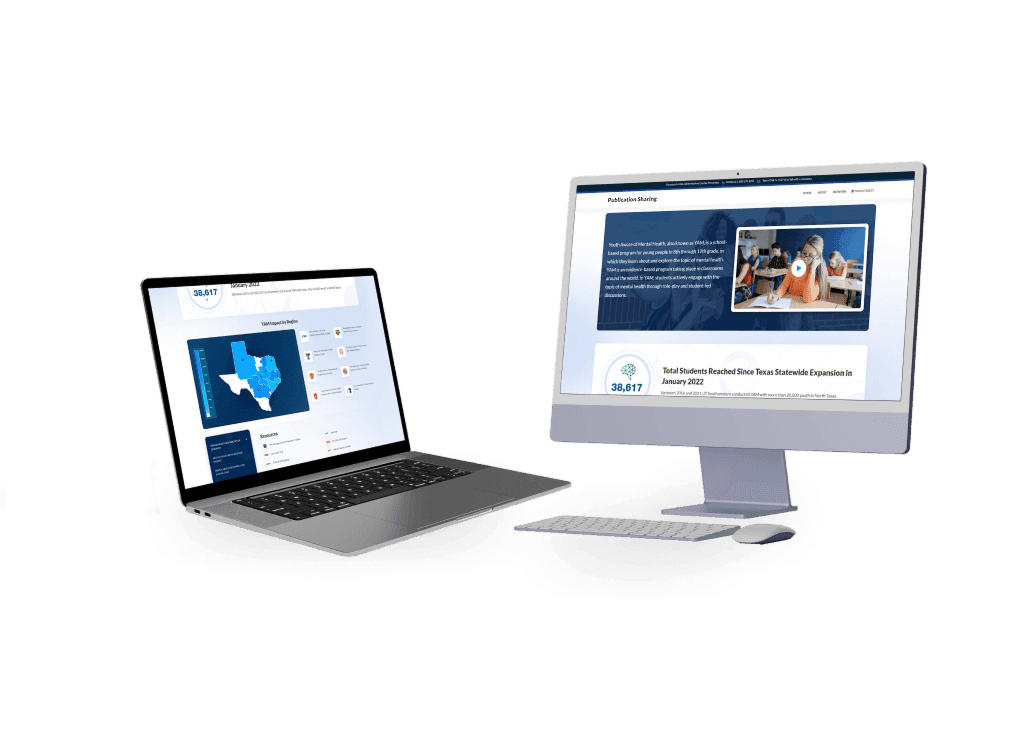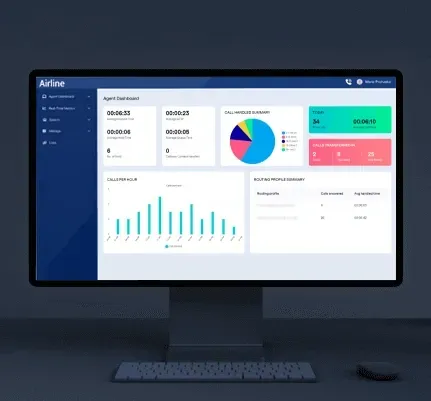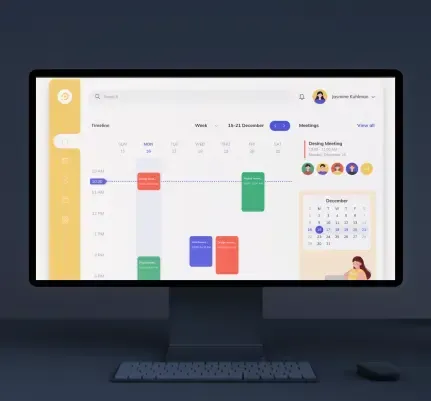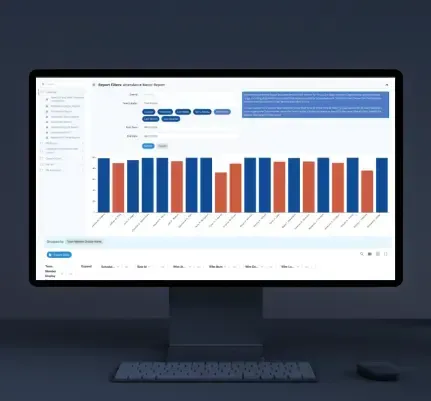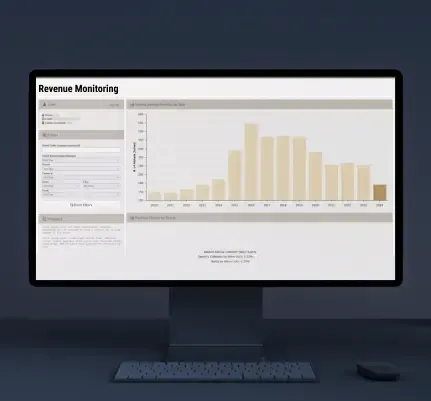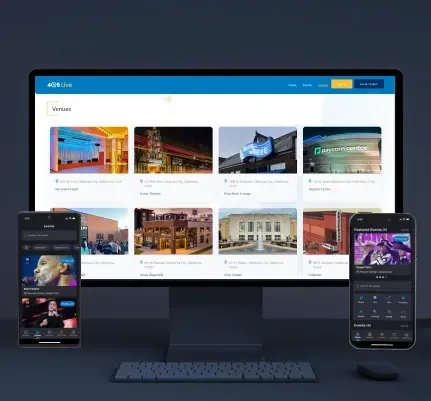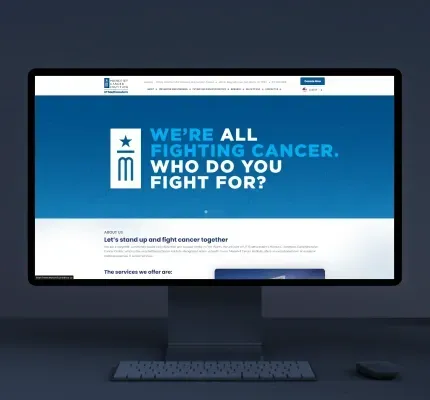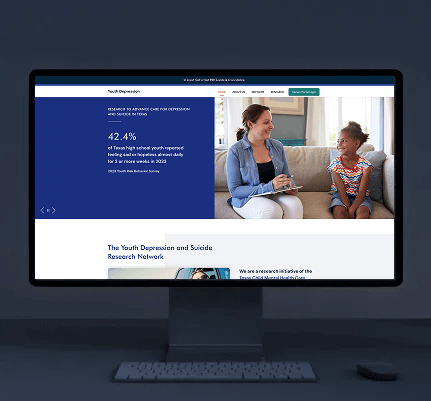Project Overview
The web application is a vital platform that connects universities, network partners, and research fellows to a school-based mental health program designed for students in grades 8 through 12. The program promotes awareness and understanding of mental health through role-play, student-led discussions, and interactive learning. The application enables the sharing of publications, program materials, and key information across institutions and partners, fostering collaboration and knowledge exchange. By centralizing communication and resources, the platform plays a pivotal role in advancing mental health education and awareness among young people worldwide.
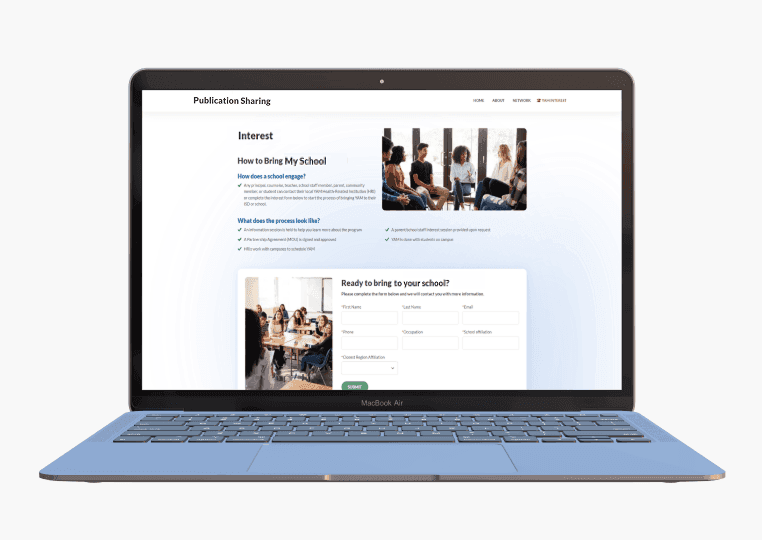
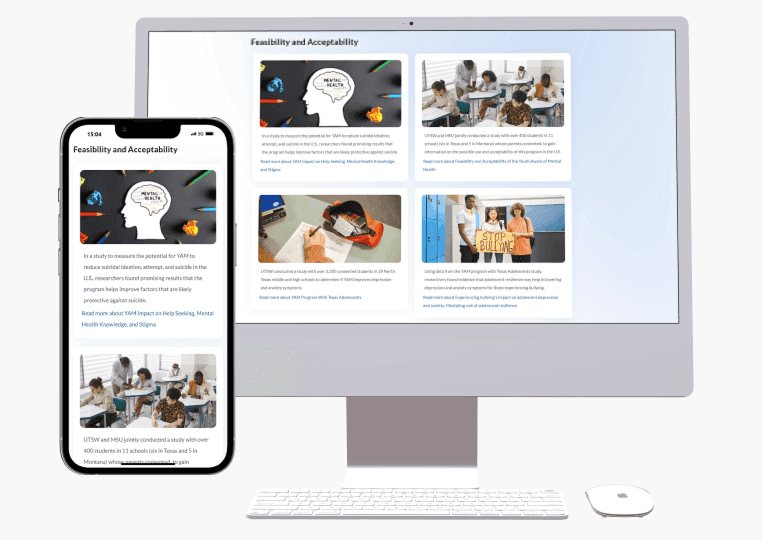
Project Challenges
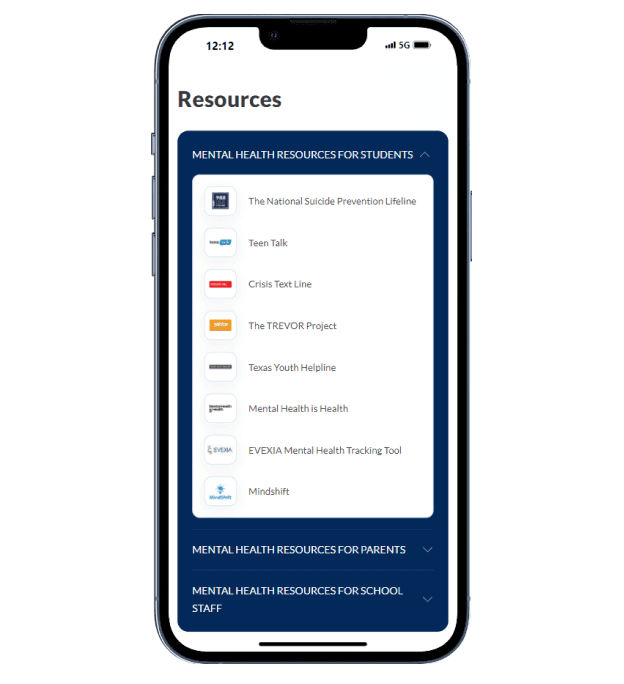
The Solution
Project Approach
Understanding Client Needs:
- Digiclarity worked closely with the stakeholders of the YAM program to understand their specific needs, including the requirements for user roles, data security, and global accessibility.
Technology Stack Selection:
- We selected a robust technology stack that included scalable and secure frameworks to meet the demands of the YAM program.The technology choices were made to ensure long-term sustainability and ease of maintenance.
Iterative Development Process:
- The project was developed using an iterative approach, allowing for continuous feedback from stakeholders and end-users. This ensured that the application met the evolving needs of the YAM program.
User-Centric Design Focus:
- The design process was centered around the needs of the users, particularly students and educators. We focused on creating a user-friendly interface that facilitated engagement and interaction.
Security and Compliance Emphasis:
- Security and compliance were prioritized throughout the development process, with regular security audits and testing to ensure the application met all relevant standards.
Testing and Optimization:
- Extensive testing was conducted to ensure the application was performant, secure, and accessible. Continuous optimization was performed to enhance user experience and application reliability.
Project Key Features

Flexible User Role Management

Scalable Architecture

Interactive User Interface
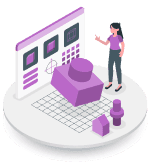
Robust Security Protocols

Global Accessibility Features
Project Learnings
The YAM Web Application project highlighted the importance of flexibility in managing user roles and permissions, particularly in a global educational context. We learned that a scalable and secure architecture is crucial for supporting the expansion of programs like YAM. The project also underscored the need for user-centric design in educational tools, ensuring that the platform not only meets functional requirements but also engages and supports users effectively. Additionally, the experience reinforced the importance of global accessibility and compliance with data security regulations when developing applications that handle sensitive information. These insights will inform our approach to future projects, particularly those involving educational programs and international collaboration.
